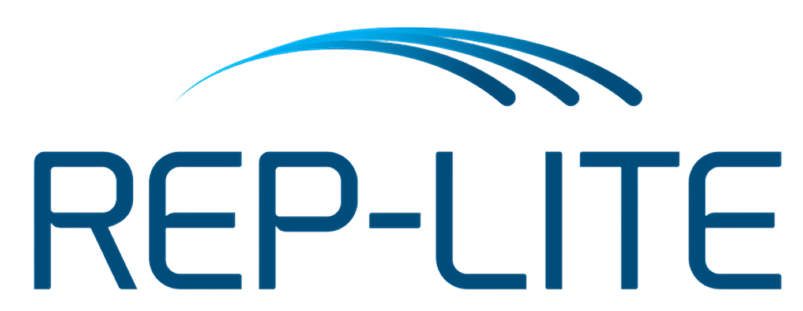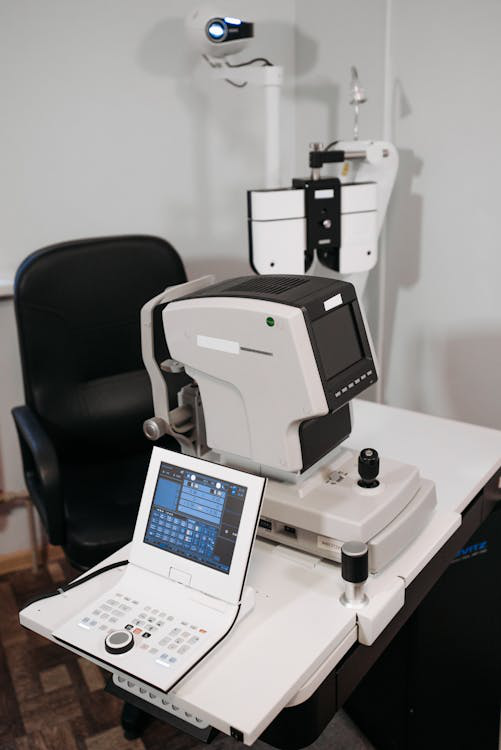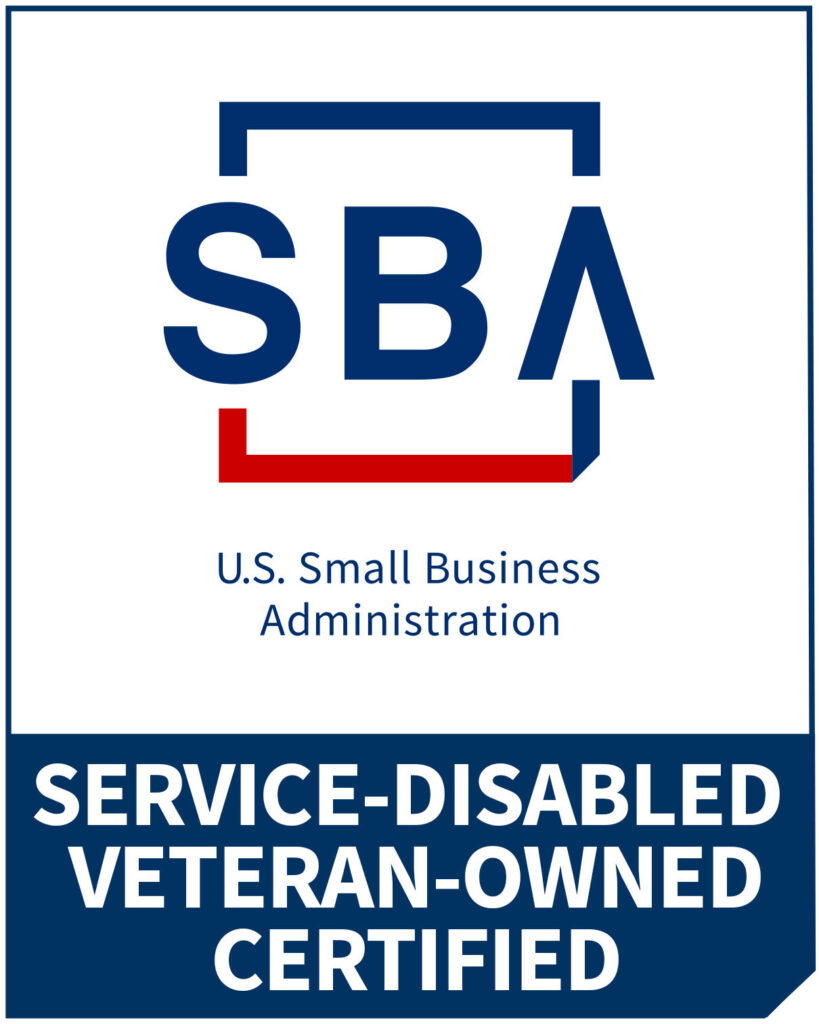Nursing is a noble profession that demands unwavering dedication, empathy, and a unique blend of technical and interpersonal skills. Yet, it’s not uncommon for nurses to seek a change, a new adventure in their professional lives. So, why do nurses make career changes? What are the benefits of career changes for nurses? What is the most common career change for nurses?
Let’s explore the most common career change for nurses plus the possibilities and opportunities awaiting the courageous nurses willing to pivot their career paths.
Why Nurses Choose to Make Career Changes
Nursing is a multifaceted field, and after years of delivering hands-on patient care, many nurses yearn for diversification. Here are a few reasons why nurses choose the most common career change for nurses:
The Call for Diversification
The nursing career is a complex field. It offers an array of opportunities in various healthcare settings. However, after years in the same role, some nurses begin to yearn for diversification. They seek fresh challenges that stimulate their intellectual curiosity and provide a new perspective on the healthcare industry.
Burnout and Stress
A nursing career can be immensely rewarding, but it’s also a high-stress occupation. However, in 2020, 62% of nurses report feeling burned out. The relentless demands, long shifts, and emotional toll can lead to burnout. Some nurses decide to transition to careers that offer better work-life balance and reduced stress levels.
A Desire for New Challenges
Nurses are problem solvers by nature, and many develop a yearning for new challenges that lie beyond the realm of patient care. They seek opportunities that allow them to apply their analytical and problem-solving skills in different ways.
Opportunities for Personal and Professional Growth
A career change can signify personal and professional growth. Nurses are lifelong learners, and they may decide to harness their thirst for knowledge and take on roles that stretch their intellectual boundaries.
The Benefits of Career Changes for Nurses
A career change for nurses ushers in an array of opportunities. It expands horizons, allowing healthcare professionals like nurses to venture into diverse sectors and apply their skills in innovative ways. Here are a few benefits of career changes for nurses:
Broader Horizons
A career change opens up a world of possibilities. It allows nurses to explore diverse sectors and apply their nursing skills in innovative ways. The horizons expand, and new doors open, offering fresh perspectives while playing their role in healthcare facilities.
Personal Fulfillment
Chasing one’s passion and diversifying a career can lead to a profound sense of personal fulfillment and job satisfaction. Nurses who follow their hearts into new roles often find that their work aligns with their inner aspirations.
Enhanced Earnings
Many career changes come with the potential for increased earnings. Roles such as health services managers, health education specialists, physical therapists, or legal nurse consultants consulting can offer more competitive compensation packages than clinical nursing positions.
Most Common Career Changes for Nurses

In the quest for new horizons, nurses have an abundance of alternative careers to explore. Each of these transitions can leverage their nursing degree while providing a fresh and stimulating environment.
If you are a nurse and you desire a career change, a talent recruitment agency like Rep-Lite can help match you with a medical company to start your new chapter. Rep-Lite is one of the premier talent recruitment agencies that specializes in aligning the needs of medical professionals with medical and pharmaceutical companies.
Nurse Educator
Nurse educators play a crucial role in shaping the future of healthcare. From working in nursing school to being a part of training at healthcare facilities, they train the next generation of nurses, passing on their knowledge, experience, and passion. Becoming a health education specialist is an opportunity to leave an indelible mark on the profession.
Nurse Practitioner
Nurse practitioners are advanced practice nurses who provide primary and specialized healthcare services. With additional education such as a master’s degree and certification, nurse practitioners can diagnose and treat patients, offering a deeper level of patient care.
Nurse Informaticist
The healthcare industry is rapidly embracing technology, and nurse informaticists bridge the gap between healthcare and information technology. They leverage data to improve patient outcomes and streamline healthcare processes.
Nurse Administrator
Nurse administrators are the architects of efficient healthcare organizations. With a nursing background, they manage budgets, staff, and resources, ensuring that the hospital or healthcare facility operates seamlessly.
Nurse Consultant
Nurse consultants use their clinical expertise to advise on healthcare practices, policies, and procedures. They may work independently or for consulting firms, making recommendations to improve patient care.
Legal Nurse Consultant
Nurse consultants can specialize in legal matters, providing expertise in medical-legal cases. They review medical records, assess standards of care, and testify in legal proceedings.
Public Health Nurse
Public health nurses focus on community health and disease prevention. They work with government agencies, non-profits, and healthcare organizations to promote health and well-being at the population level.
Occupational Health Nurse
Occupational health nurses ensure the health and safety of employees in workplace settings. They address workplace hazards and collaborate with companies to promote employee wellness.
School Nurse
School nurses are essential in educational settings. They care for students’ health needs, administer medications, and promote overall wellness in the school community.
Case Manager
Case managers oversee patient care and ensure that it’s well-coordinated. They work with the patient, their families, and a healthcare provider or physical therapist to create comprehensive care plans.
Healthcare Recruiter
Healthcare recruiters play a pivotal role in connecting healthcare facilities with the talent they need. They assess candidates, match them with job openings, and ensure a good fit.
Pharmaceutical Sales Representative
Pharmaceutical sales representatives act as liaisons between drug manufacturers and healthcare providers. They educate doctors and nurses about new medications and treatment options.
Medical Device Sales Representative
Speaking of career changes, if you’re considering a transition into the medical device sales industry, Rep-Lite offers specialized recruitment services to help you leap. The medical device sales industry is a dynamic field that values healthcare professionals’ expertise and knowledge.
Medical Writer
Medical writers combine their scientific knowledge with writing skills to create educational materials, research papers, and healthcare content for various audiences.
Clinical Research Coordinator
Clinical research coordinators manage the intricacies of clinical trials. They ensure that studies run smoothly, adhere to regulations, and prioritize patient safety.
Health Policy Analyst
Health policy analysts scrutinize healthcare policies and their impact on the healthcare system. They contribute to informed decision-making in the field.
Healthcare Marketing Specialist
In the digital age, healthcare marketing specialists promote healthcare organizations and services. They use their knowledge of the industry to attract and retain patients. For example, in the medical device industry, healthcare marketing specialists play a vital role in promoting the products and solutions offered by medical device manufacturers. They leverage their industry expertise and digital marketing skills to create compelling campaigns that showcase the benefits, features, and applications of these medical devices.
Medical Editor
Medical editors play an essential role in the publishing of healthcare materials. They ensure that medical content is accurate, clear, and up to date.
Healthcare Entrepreneur
For those with an entrepreneurial spirit, the healthcare industry offers countless opportunities for innovation. Launching a healthcare startup can be a challenging but rewarding career change.
Exploring Non-Traditional Nursing Careers
Nursing is a versatile and dynamic profession that offers a wealth of opportunities beyond the traditional clinical setting. A study conducted by Int J Environ Res Public Health discovered that while many nurses continue to thrive in roles within the healthcare industry, others are branching out to explore non-traditional career paths that leverage their unique skills and experiences. Let’s delve into some of these exciting alternatives and the most common career change for nurses.
Entrepreneurship
Nurses possess a strong foundation in critical thinking, problem-solving, and communication—skills that are invaluable in the business world. Many nurses have successfully transitioned to entrepreneurship, and starting their businesses can range from health coaching and wellness consulting to creating healthcare-related products or opening a medical spa. The combination of clinical expertise and entrepreneurial spirit can lead to innovative solutions that address unmet needs in various markets.
Creative Pursuits
For those with a passion for the arts, nursing can serve as an excellent springboard into creative fields. Nurses have turned to writing, drawing from their rich experiences to pen novels, blogs, or health-related content. Others have pursued careers in filmmaking, art, and music, using their insights to create impactful stories and works that resonate with diverse audiences. The empathy and observation skills honed in nursing can translate beautifully into these creative endeavors.
Industry Innovation
Nurses have a wealth of knowledge about human health and safety. This expertise can be invaluable in a variety of industries. For instance, a nurse might transition to a consulting role in the fitness industry, develop safe and effective exercise programs, or contribute their skills to a manufacturing company, ensuring the safety and well-being of employees.
The Role of Transferable Skills in Career Changes
Nurses are the ultimate problem-solvers, juggling complex situations with remarkable composure. But did you know the skills honed at the bedside translate beautifully to a wide range of careers? Here is a treasure trove of transferable skills that nurses possess and how to leverage them for success in exciting new ventures.
Critical Thinking
Nurses are trained to assess situations quickly and make sound decisions under pressure. This critical thinking ability is a cornerstone in many professions. In business, for instance, critical thinking helps in strategic planning and problem-solving. In technology, it aids in troubleshooting and developing innovative solutions. By showcasing their proficiency in critical thinking, nurses can demonstrate their capability to handle complex tasks and drive efficiency in any industry.
Teamwork
Collaboration is at the heart of nursing. Nurses work closely with doctors, therapists, patients, and families, often coordinating with various departments to provide comprehensive care. This experience in teamwork is highly transferable to roles that require cooperation and synergy. Whether in project management, corporate environments, or creative industries, the ability to work effectively within a team is a significant asset. Nurses can highlight their collaborative nature and leadership in team settings to potential employers.
Adaptability
Healthcare environments are dynamic and ever-changing, requiring nurses to be highly adaptable. They must respond to unexpected challenges, new medical protocols, and varying patient needs with agility. This adaptability is beneficial in fast-paced industries such as technology, marketing, and event planning, where change is constant. Nurses can leverage their proven track record of flexibility and quick thinking to thrive in these rapidly evolving fields.
Leveraging Transferable Skills
To successfully transition to a new career path, nurses should:
- Identify and Highlight Skills: Identify transferable skills and provide examples of how these skills have been applied in nursing. Use specific instances to demonstrate competence and effectiveness.
- Tailor the Resume: Customize the resume to align with the desired industry, emphasizing the relevant transferable skills. Highlight accomplishments that showcase these skills in action.
- Network and Learn: Connect with professionals in the target industry and seek informational interviews to gain insights and advice. Continuous learning, through courses or certifications, can also help bridge any knowledge gaps.
- Confidence and Clarity: Approach the career change with confidence, clearly articulating how nursing experience and skills are applicable and beneficial in the new role. Being able to convey this confidently can make a compelling case to potential employers.
This is where Rep-Lite steps in to help open doors to nurses seeing a career change. We have access to the most common career change for nurses in the industry and we help by leveraging our network and 30+ years of experience.
5 Tips for Making a Successful Career Change

Making a career change is a significant step, and it requires careful planning and determination. Here are five essential tips to help you navigate the transition successfully and make the most of your skills and experience in your new career path.
Do Your Research
Before embarking on a career change, conducting thorough research is paramount. Understanding the qualifications, certifications, and educational prerequisites for your desired role is essential. Begin by delving into the specifics of the new field, including any specific educational or certification requirements. Often, there will be a set of qualifications you need to attain, such as a bachelor’s degree or specific certifications. Make sure to investigate institutions or organizations that offer the necessary training and programs.
Additionally, speaking to professionals already established in your target field can provide invaluable insights. Seek informational interviews or shadowing opportunities to gain a firsthand understanding of the day-to-day responsibilities and challenges in your prospective career. Engaging in these conversations will not only provide you with a realistic view of the field but also enable you to network with experienced professionals who can offer guidance based on their journeys.
Network With People in Your New Field
Networking is a potent tool when venturing into a new career. Attend industry-related events, conferences, and seminars to immerse yourself in the environment and connect with individuals who share your interests. Consider joining professional associations or online forums dedicated to your chosen field. These communities are a treasure trove of knowledge, expertise, and, most importantly, connections.
Networking not only broadens your understanding of the industry but also opens doors to potential mentors who can guide your transition. By forging relationships with experienced professionals in your new field, you gain access to their wealth of knowledge and experience. They can offer insights, answer your questions, and even help you navigate the often complex landscape of your desired career.
Get the Necessary Education and Training
In many instances, shifting careers means acquiring new knowledge and skills. You might need to pursue additional education or certifications to meet the prerequisites of your target profession. The first step is identifying the specific educational requirements for your chosen career. Some roles may necessitate a bachelor’s or master’s degree in a related field, while others might require industry-specific certifications or training programs such as becoming a medical sales representative.
Once you’ve determined the educational path, you must be prepared to invest both time and effort into gaining the required qualifications. This might entail enrolling in formal degree programs, taking online courses, or participating in workshops or seminars to acquire the essential knowledge and skills. Recognize that this investment is an essential part of your journey toward a fulfilling and successful career change.
Be Prepared to Start at the Bottom
Transitioning into a new career often involves starting at an entry-level position, even if you’ve accumulated years of experience in your previous profession. Embracing this entry point is essential as it allows you to gain invaluable hands-on experience, adapt to the nuances of your new field, and build a foundation for growth.
Your nursing background will be an asset, as it has equipped you with a wealth of transferable skills like critical thinking, communication, and problem-solving. Embrace your previous experiences and apply them to your new role; they will set you apart and contribute to your success. Keep in mind that climbing the career ladder in your new field may take time, but your willingness to start from the bottom will pave the way for long-term professional growth.
Be Persistent and Don’t Give Up
Changing careers can be challenging, but maintaining persistence is key to success. It’s natural to encounter obstacles and setbacks along the way. Your determination to stay motivated and committed to your new journey is what will set you apart. Remember that you’ve already demonstrated immense resilience as a nurse, and this strength is an asset as you navigate your career change.
Stay focused on your goals and remain adaptable. Flexibility is essential as you adjust to a new work environment and learn the intricacies of your chosen field. Recognize that setbacks are part of the process and an opportunity for growth. Seek guidance from mentors and peers, and never underestimate the power of your determination to see your career change through to success.
Career Changes For Nurses: Summary
Nurses possess a unique skill set and a deep well of experience that can open doors to diverse career opportunities. From educating the next generation of nurses to working in healthcare administration, the possibilities are endless.
For those considering a career change into the medical device sales industry, Rep-Lite is here to offer expert recruitment services tailored to healthcare professionals. Whatever path you choose, remember that a career change can be a fulfilling journey of self-discovery and professional growth.
Embrace the challenge, and you may find your true calling in a new and exciting field. Your journey is only beginning.






























